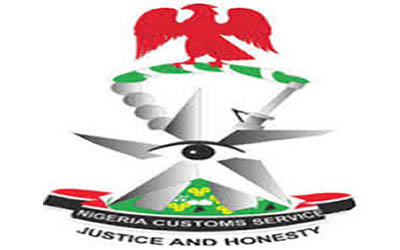The Nigeria Customs Service (NCS) has confirmed the resolution of recent technical issues that disrupted the transmission of Product Certificates required for processing the Pre-Arrival Assessment Report (PAAR), following widespread concern among importers and licensed customs agents.
The disruption stemmed from integration challenges encountered during the onboarding of the Standards Organisation of Nigeria (SON) onto the NCS’s B’Odogwu digital platform on 23 July 2025. The technical glitch hindered users from properly capturing key documentation, including Form M, PAAR, and Single Goods Declaration (SGD), resulting in delays across multiple transactions.
Customs said key issues identified included limited character space for trader names, improper data formatting, missing 10-digit product codes, unclear error messages, and difficulties linking Tax Identification Numbers (TIN) to trader profiles. While Customs promptly resolved the faults within its own system, additional coordination with SON was necessary to fully rectify the issue.
In a statement released on Wednesday, the NCS announced that the system has now been stabilised and that the transmission of Product Certificates and SONCAP documents has resumed without further disruption. The backlog of affected transactions is currently being processed and cleared.
To prevent future disruptions and enhance user experience, the NCS has extended the nationwide rollout of the B’Odogwu platform across all four operational zones — A, B, C, and D. Specially trained officers have been deployed to provide on-ground technical support to traders and agents.
The Service reiterated its commitment to transparency, collaboration, and stakeholder engagement. Regular training sessions are being conducted at various command levels to improve user proficiency and provide a forum for identifying and addressing any operational concerns with the platform.
The NCS encouraged stakeholders to continue providing feedback and assured the trading community of its dedication to seamless and efficient trade facilitation.


